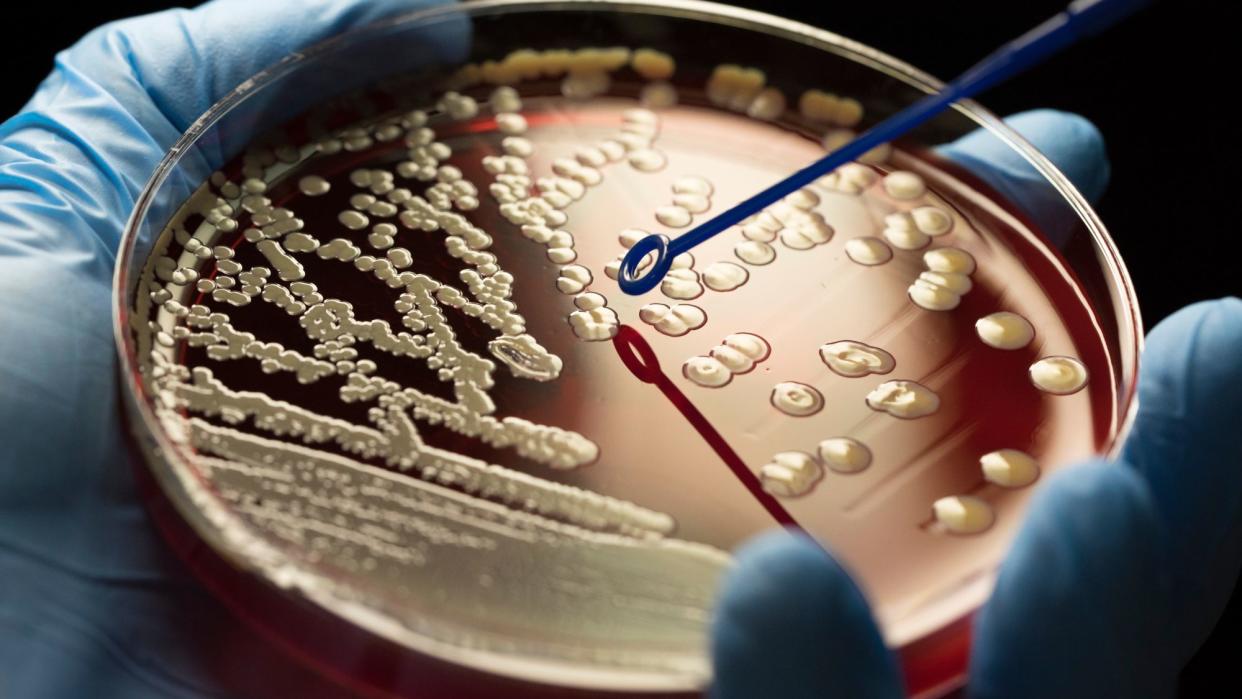Antimicrobial resistance 'worse than climate change'

The rise of superbugs resistant to antibiotics poses a greater threat to humanity than climate change, England's former chief medical officer has warned.
Dame Sally Davies, who is now the UK's special envoy on antimicrobial resistance, said the growing number of infections caused by bacteria, viruses, fungi and parasites that can no longer be treated with available medicines will "make some of Covid look minor" and is a "more acute" issue than global warming.
Davies, whose goddaughter died of a drug-resistant infection aged 38, "paints a bleak picture of what could happen if the world fails to tackle the problem within the next decade", said The Guardian.
Drug resistance could turn everyday injuries and routine surgeries – ranging from caesarean sections to cancer interventions and organ transplantation – into "life and death events", said the Daily Mail. It would also "undo decades of medical progress and potentially kill millions every year".
The World Health Organization predicts that at the current rate the direct death toll from antimicrobial resistance will grow to 10 million a year by 2050.
The UK government launched a national action plan on antimicrobial resistance last week to "contain and control" antimicrobial resistance by 2040. It pointed to the progress already made towards reducing antibiotic use in animals: sales of antibiotics for farm animals have halved since 2014.
"GPs will be 'supported' with new technologies such as AI to reduce antibiotic prescribing," said Pulse. The government plan also wants to ensure "rapid, accurate diagnostic testing" is available for doctors to help "reduce unnecessary prescribing and overprescribing" of antimicrobials.

